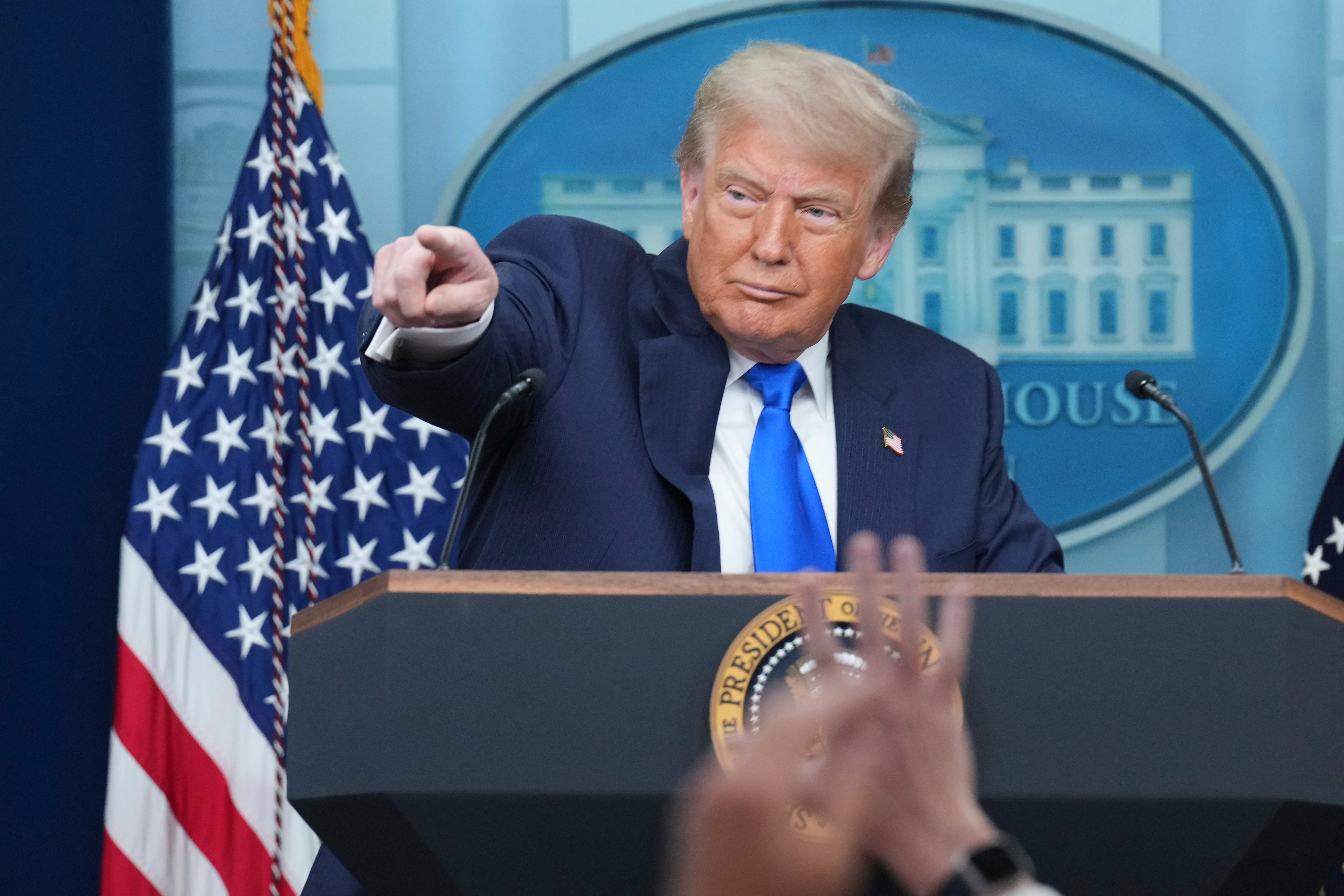*By Hope King and Jacqueline Corba* The Trump administration is [reportedly](https://www.bloomberg.com/news/articles/2018-07-10/u-s-is-said-poised-to-publish-200-billion-china-tariff-list) poised to identify another $200 billion worth of Chinese goods that could be hit with tariffs, ramping up the trade war yet again and putting technology in focus in the trade war between the world’s two largest economies. And telecom equipment maker Huawei, the global market leader in the industry, is caught in the middle. But the company's U.S. Chief Security Officer Andy Purdy disputes the heart of President Donald Trump's thesis for the import taxes ー that Chinese companies present a threat to national security. "The geopolitics involved in tariffs is only minimally related to the question of intellectual property," Purdy told Cheddar in an interview this week. He said Huawei is one of the largest obtainers of patents and that the company "pays millions" per year to use other company's intellectual property "lawfully." The trade war between the U.S. and China began July 6 when the U.S. added 25 percent tax on imports on $34 billion worth of Chinese goods, including lithium batteries, electrical resistors, and circuit breakers ー all of which are used in Huawei products. With [28 percent share of the worldwide telecom equipment market](http://www.telecomlead.com/telecom-statistics/ericsson-closes-the-gap-in-mobile-infrastructure-market-share-with-huawei-82888) and as the third largest smartphone maker in the world, Huawei's supply chain is massive. Purdy, however, maintains the company's business will not be impacted. “We don’t foresee any negative impact on our ability to obtain the components that we include in our products,” he said. Huawei is no stranger to scrutiny by the United States. The company, along with ZTE, has been held up as an example of the economic and national security threat to the U.S. In 2012, the House Intelligence Committee [wrote](https://intelligence.house.gov/sites/intelligence.house.gov/files/documents/huawei-zte%20investigative%20report%20(final).pdf): > "The companies failed to provide evidence that would satisfy any fair and full investigation. Although this alone does not prove wrongdoing, it factors into the Committee’s conclusions below. Further, this report contains a classified annex, which also adds to the Committee’s concerns about the risk to the United States. The investigation concludes that the risks associated with Huawei’s and ZTE’s provision of equipment to U.S. critical infrastructure could undermine core U.S. national-security interests.” Purdy pushed back. “There have never been any examples of instances where Huawei has implanted backdoors or done improper conduct. There is no indication we’ve done any improper things on behalf of the Chinese government,” he told Cheddar. “The statement that we did not fully cooperate is really unfair. We fully cooperated, we explained the fact that we are an employee-owned company through and through. There are a number of companies that are partially owned by the Chinese government. We are not one of them." On top of these past accusations Huawei now also faces a new proposed measure by the Federal Communications Commission which would restrict the company from selling its equipment in the United States. Purdy says doing so would hurt American businesses. "There is going to be a tremendous negative impact on those carriers who provide the last miles of wireless connectivity," he said. "It's going to cost hundreds of millions of dollars of those tier-three wireless providers, if they are forced to rip out Huawei products or have to cut back on their services because of the FCC action. We believe there is a very strong case that Huawei is meeting the needs of these companies for the U.S. at no risk." For the full segment, [click here.](https://cheddar.com/videos/huawei-u-s-chief-security-officer-addresses-fallout-from-u-s-china-trade-war)








